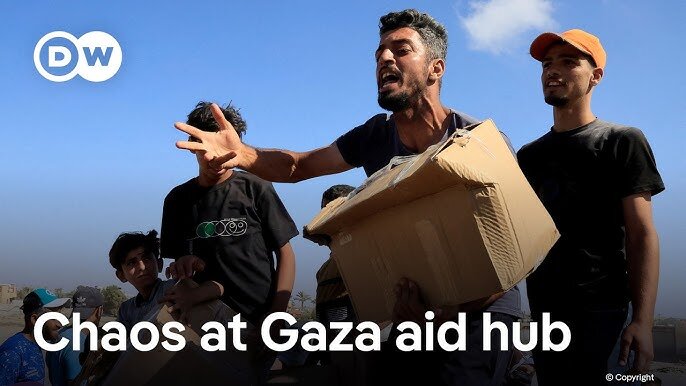
Similar Posts
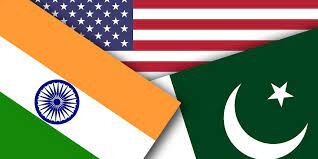
Unraveling the India-Pakistan Conflict: How US Strategies are Shaping South Asia’s Future
Western policies, particularly those of the United States, have inadvertently fueled terrorism and heightened tensions between India and Pakistan. Originating from Cold War strategies like “Operation Cyclone,” which supported Afghan mujahideen, these policies strengthened extremist networks in Pakistan. Post-9/11 actions, including drone strikes, intensified anti-American sentiments and allowed extremist groups to flourish. Pakistan, viewed as a U.S. ally, has suffered from inconsistent policies that undermine its governance. Defense Minister Khawaja Asif emphasized that terrorism in the region stems from Western interventions, expressing concern over deteriorating security following the U.S. withdrawal from Afghanistan. Addressing these issues requires understanding their historical context to foster genuine peace.

VTB Makes History as First Russian Bank to Launch Branch in Iran
VTB Bank plans to open its first branch in Iran, marking a significant step in enhancing trade and economic relations between Tehran and Moscow. This will be the first Russian bank operating in Iran, aimed at facilitating smoother international transactions for businesses in both nations. The decision reflects deepening ties and mutual benefits from increased cooperation. VTB has secured approval from the Central Bank of Russia but needs to obtain necessary regulatory approvals from Iran by late 2025. This initiative could lead to further Russian financial institutions entering Iran, fostering growth in sectors like energy, agriculture, and technology.
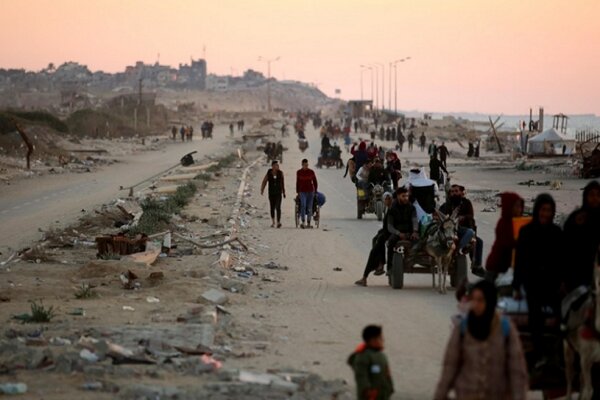
Saudi Arabia Dismisses Netanyahu’s Controversial Gaza Displacement Comments
Israeli Prime Minister Netanyahu’s recent comments on displacing Palestinians have provoked widespread outrage in the Arab world, particularly from Saudi Arabia, which condemned his remarks as an attempt to distract from Israel’s ongoing violence in Gaza. The Saudi foreign ministry emphasized the historical ties Palestinians have to their land and criticized what it termed an “extremist occupying mindset.” They affirmed Palestinian sovereignty and rights, asserting that these cannot be taken away. The ministry called for the recognition of Palestinian statehood and reaffirmed the necessity of a two-state solution for achieving lasting peace, urging dialogue and mutual recognition.
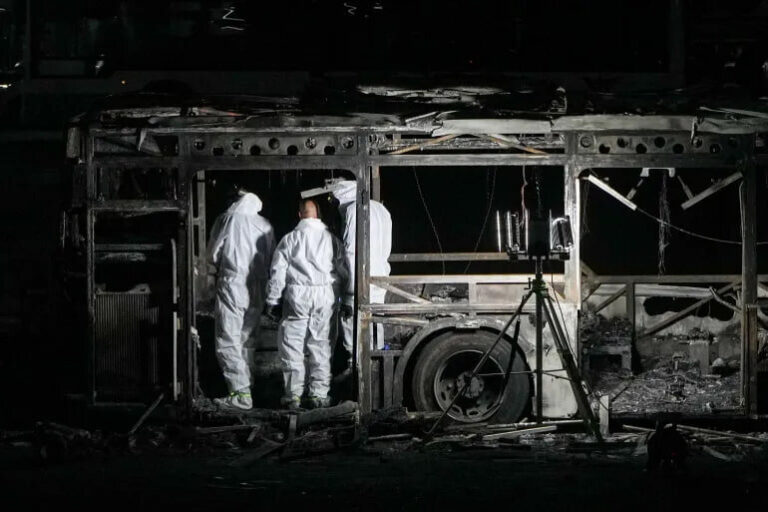
Massive Explosions Rock Tel Aviv: Three Buses Detonated in Shocking Attack
Three buses exploded in Bat Yam, near Tel Aviv, in a suspected militant attack, prompting immediate responses from Israeli police and military. The military has closed several checkpoints leading to the West Bank to intensify anti-terror operations. The explosions have disrupted public transportation and increased military presence, creating an atmosphere of tension and uncertainty, especially as soldiers return home for the weekend. Political analyst Akiva Eldar highlighted growing disillusionment with government security measures among Israelis. The situation underscores the fragility of peace in the region and the urgent need for reassessment of strategies to ensure safety and stability.
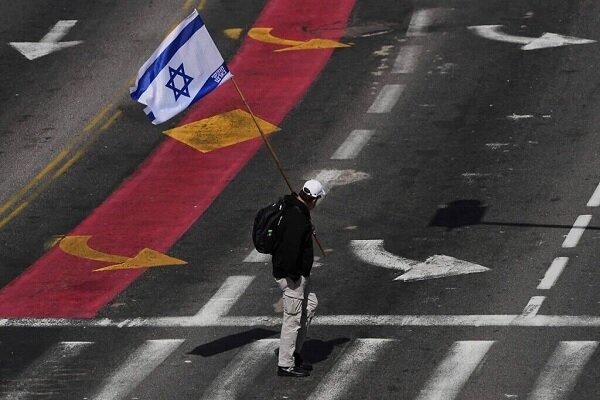
Zionists Take to the Streets: Protests Erupt Over Renewed Conflict in Gaza
Thousands of protesters gathered in occupied Quds, expressing their dissatisfaction with Prime Minister Benjamin Netanyahu’s government amid ongoing violence in Gaza and political controversies surrounding Shin Bet chief Ronen Bar. Demonstrators marched to Netanyahu’s residence, united under the slogan “Enough of the government of destruction,” demanding accountability and peace. Police controlled the crowd with road closures, but protests continued peacefully despite tensions. Activists raised concerns about the humanitarian impact of military actions in Gaza and urged international attention to the crisis. The protests reflect a growing public demand for leadership change and a sustainable peace process in the region.
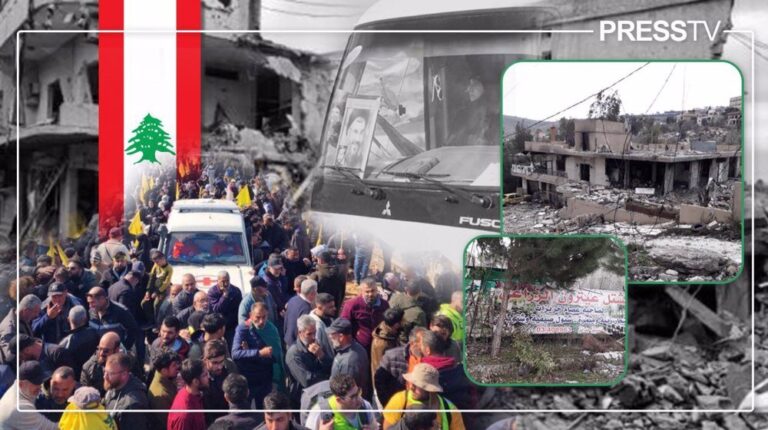
Fearless Lebanese Citizens Make Bold Return to Southern Homelands
On a vibrant Monday morning, families in southern Lebanon celebrated their long-awaited return home, driving vehicles adorned with Hezbollah flags and playing resistance songs. This moment followed a 60-day truce and the Israeli withdrawal deadline, despite ongoing tensions and the recent loss of at least 25 lives due to Israeli military actions. The White House extended the ceasefire to February 18, but caretaker Minister Mustafa Bayram affirmed that this does not legitimize Israeli military presence. Many residents, like Ahlam, faced barricades preventing access to their villages, while local mayors reported threats against those attempting to return, highlighting the complex socio-political landscape.